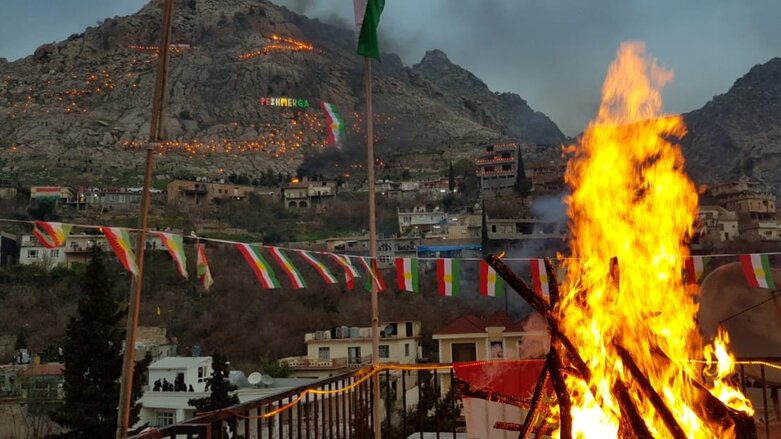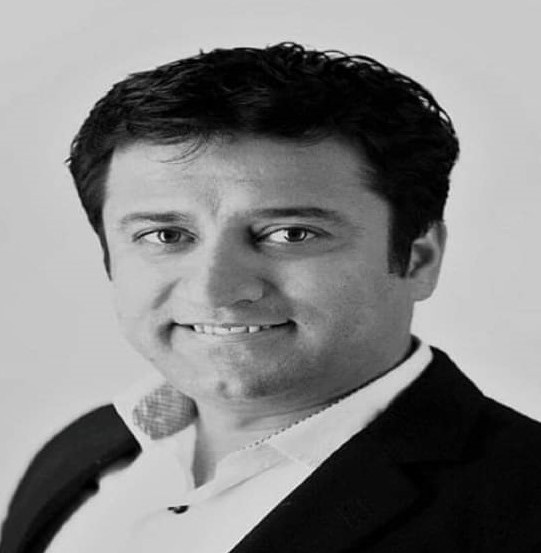Newroz is more than just celebrations and festivities

The Kurdistan Region did not officially celebrate Newroz (the Kurdish New Year) for the last two years due to the COVID-19 pandemic.
People have already planned for picnics in the mountains and suburbs of Erbil, Duhok, Sulaimani, and other cities and towns of the region.
"We cannot wait any longer. It has been two years we have not celebrated Newroz," said Shara Hakim, a resident from Erbil. "Even if it's freezing outside, we will still do our picnic as planned several days ago."
Mar. 21 coincides with the first day of the Kurdish New Year. Under the Kurdish calendar, the new Kurdish year is 2722.
"Newroz is not only about celebrating freedom for the Kurds," said Dilshad Anwer, a local historian from Sulaimani. "It is also about the existence of the Kurdish people. It proves how ancient this nation is."
He added that it is sad that the Kurds don't have their own state yet.
"Why does a nation that old not have a state now?" he asked. "I think the international community and the world superpowers are responsible for that."
On Mar. 11, the Kurdistan Region's Erbil province began the 12th Freedom and Newroz Festival, which celebrates the Newroz feast and commemorates Erbil's liberation.
"For me, as a daughter of a martyr, Newroz means liberty. It means that today we are free because of the blood of our martyrs in Kurdistan," said Banaz Azad, whose father was killed in the war against ISIS in 2014. "I hope that Kurdistan is always safe and prosperous."
Some people have already started having picnics. Some stayed overnight in the suburbs to reserve a good spot for their picnic.
"I know this year it gets too crowded, so we have come here to stay overnight so that we can have a better spot for tomorrow," said Sangar Hiwa, a young man from Erbil. "I thought we were the only ones, but once we arrived here, I saw many other families doing the same thing."
